How to decide to homeschool your children can be a hard decision. I break down how to decide if it’s right for you in 5 simple steps.
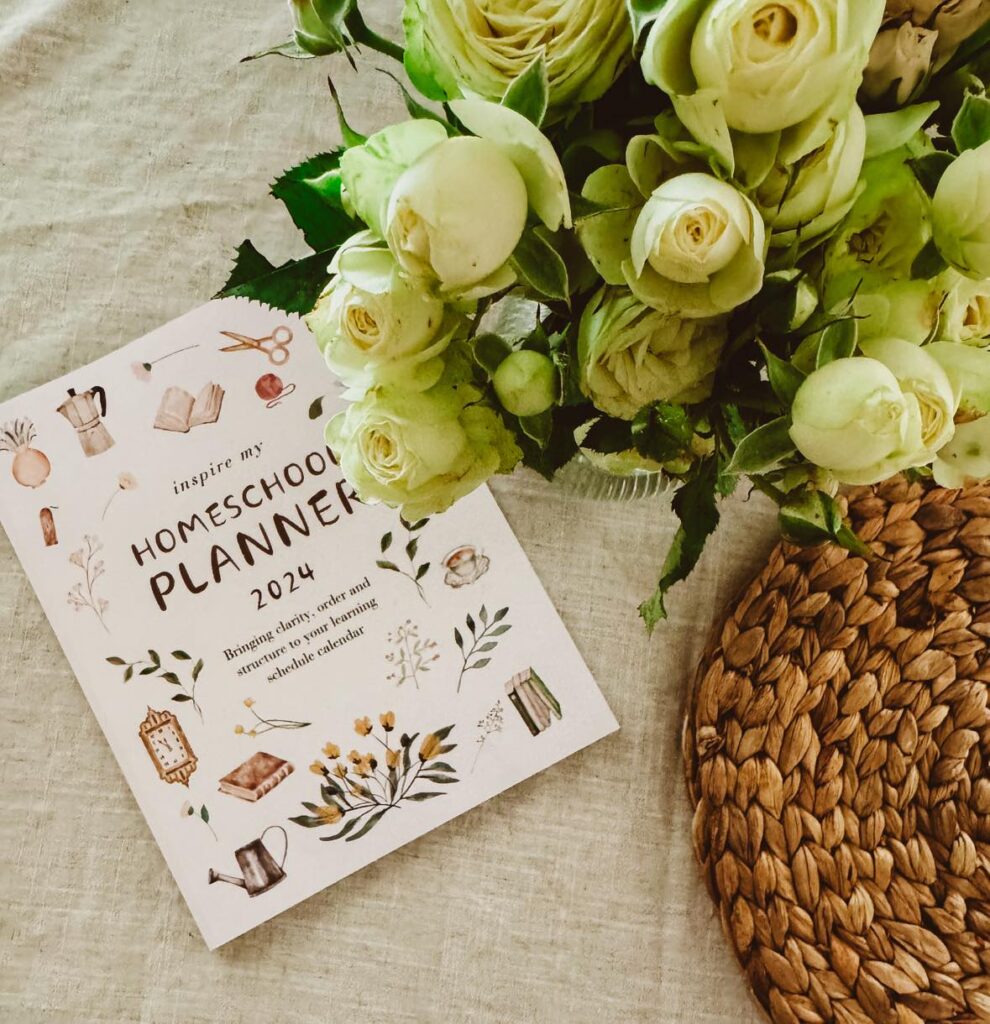
I was homeschooled for a year when I was in Primary School and I loved it! I always knew in the back of my head that I would love to homeschool my children one day. It was just a matter of convincing my husband and picking the right time (hint: there’s never a PERFECT time, but definitely an optimal time in my opinion).
We currently have three kids (and one on the way) and their ages range from six and below, so I knew if we homeschooled now, there would have to be a lot of flexibility – which is the beauty about homeschooling.
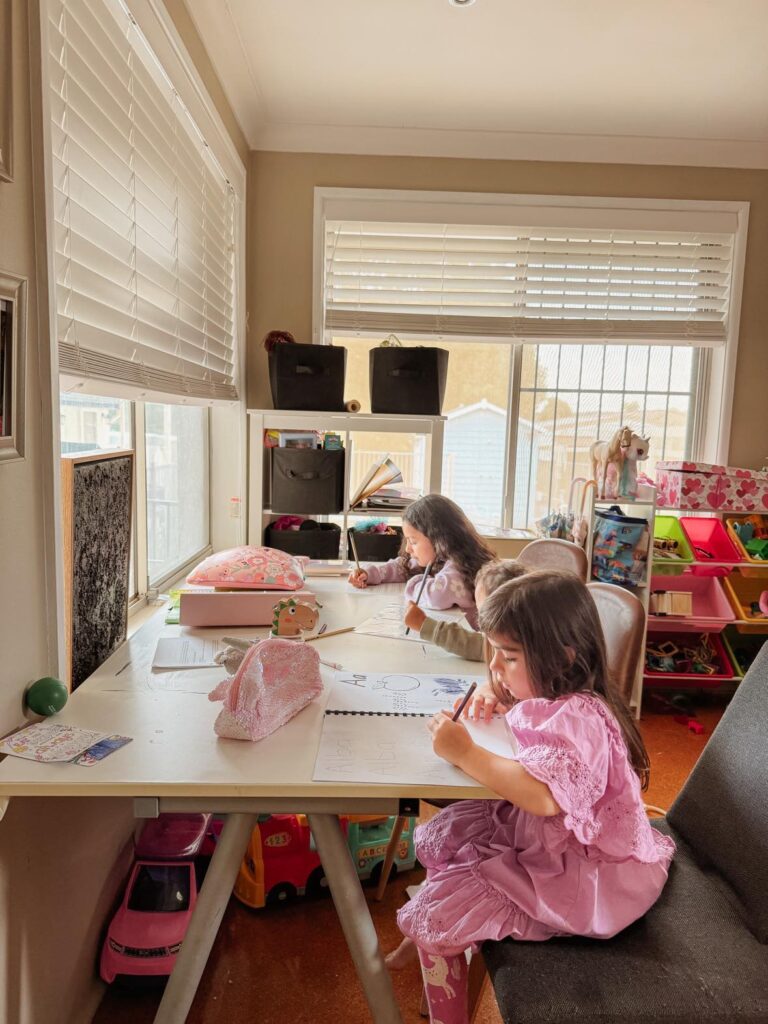
What are some common misconceptions about homeschooling?
It makes me laugh at how many are quick to judge homeschooling as an unfit way to educate. But I understand their perspective when they have no clue what homeschooling even entails and the many benefits of it.
So if you are on the fence about homeschooling, maybe you have some misconceptions about homeschooling. Let me break down the most common ones I’ve come across:
- Children can’t learn via homeschool as effectively as they can at school
- Children will grow up being anti-social and lacking proper social conduct
- Parents can’t teach their children as well as a trained school teacher can
- It will take too much time and will leave minimal time for housework, work or other priorities
- It is almost impossible to teach children of different ages at the same time
- The fear of judgement from friends and family should you decide to homeschool
What are the benefits of homeschooling?
I love when other fellow parents ask me this question because as a former traditional teacher, I have been able to make a sound decision to homeschool our children based on my experience at a mainstream school and comparing the two.
Benefits of homeschooling:
- It only takes a couple to a few hours a day to get all work completed
- You give more attention to your child’s learning needs than a school teacher could
- You can give your child more autonomy in what they want to learn
- There is so much flexibility in your schedule because it only takes a few hours a day
- You have more time with your children to instill your family values and culture
- You get more time with your children. Period.
- If your child is aged 7 and under, they have more time to play, which is the most important part of their development at that age
- Depending on which state you live, your child can often get accepted into university/tertiary education sooner if they decide to
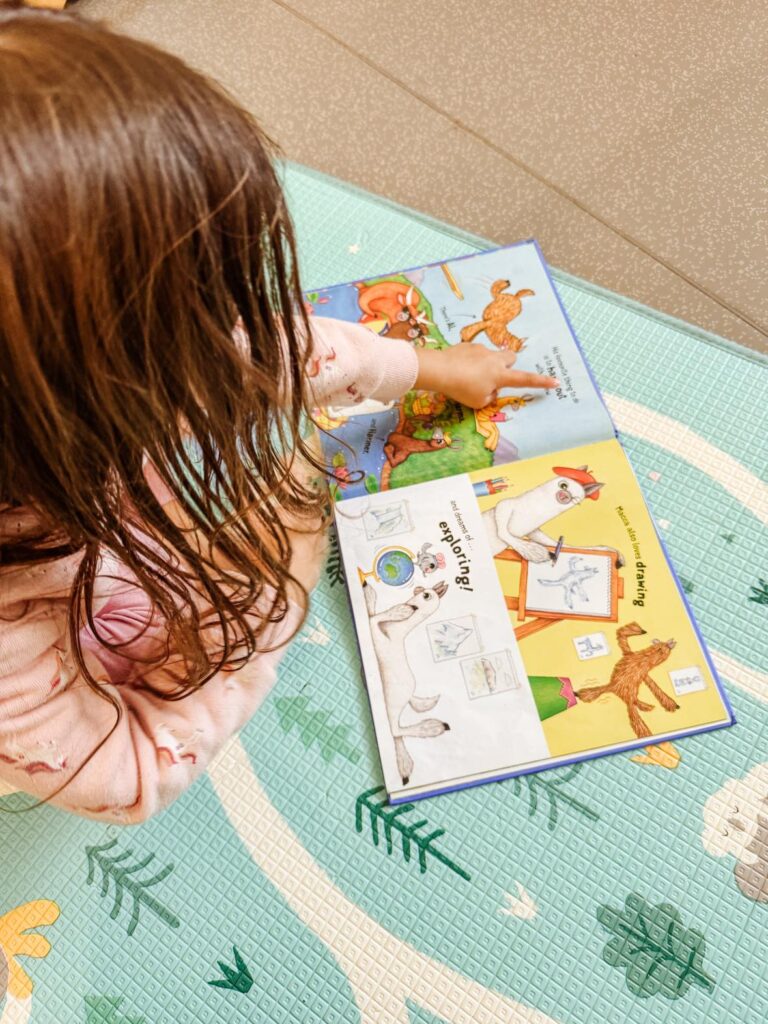
How can I decide if homeschooling is right for my family?
Since this is a huge decision for every family, I wanted to make it simple for you in breaking down how to decide to homeschool.
Now, bear in mind that every family’s context, season and needs looks different. You can follow these steps while factoring in your situation.
For our family, we decided to begin homeschooling the year my eldest daughter turned 6. I am so glad we made that decision. But it wasn’t easy convincing my husband, so I had to do my research and figure out our why, which is the first step.
1. Figure out your ‘why’.
Why do you want to homeschool in the first place?
This is such an important step because whenever you have your doubts about homeschooling or if someone else plants those doubts in your mind, you can always circle back to why you decided to homeschool in the first place.
My first reason was because I wanted to get more time with my children. When we sent my daughter to school for Kindergarten, I felt like I rarely saw her. We had the afternoons and weekends, but we had to cram in homework and extra-curricular activities, which meant I felt like I was being robbed of my time with her. This was the first reason we decided to homeschool.
Your ‘why’ will be your anchor point to every decision you make from then on when it comes to homeschooling, because everything else will revolve around those priorities.
2. Figure out your ‘how’.
How are you going to make it work? Will you homeschool your children? Will you share the role with your husband? Will you do half the educating and pay for an online education site to do the rest?
These are all great questions to ask and you want to make sure you’ve answered them before you decide to homeschool.
I was working part-time when we decided to homeschool. I was very fortunate in that I could keep my job while we homeschooled, because I worked one day one the weekend and the other day during the week, on my daughter’s day off (that’s another great thing about homeschooling – you can choose to fit everything in a four day school week).
I also had to tinker with our schedule, as my youngest had just turned one and still very much relied on me. So, I decided to fit in a lot of our school work during his nap times. Now that he’s a little older, we can afford to get some work done during the mornings while he is busy snacking or playing.
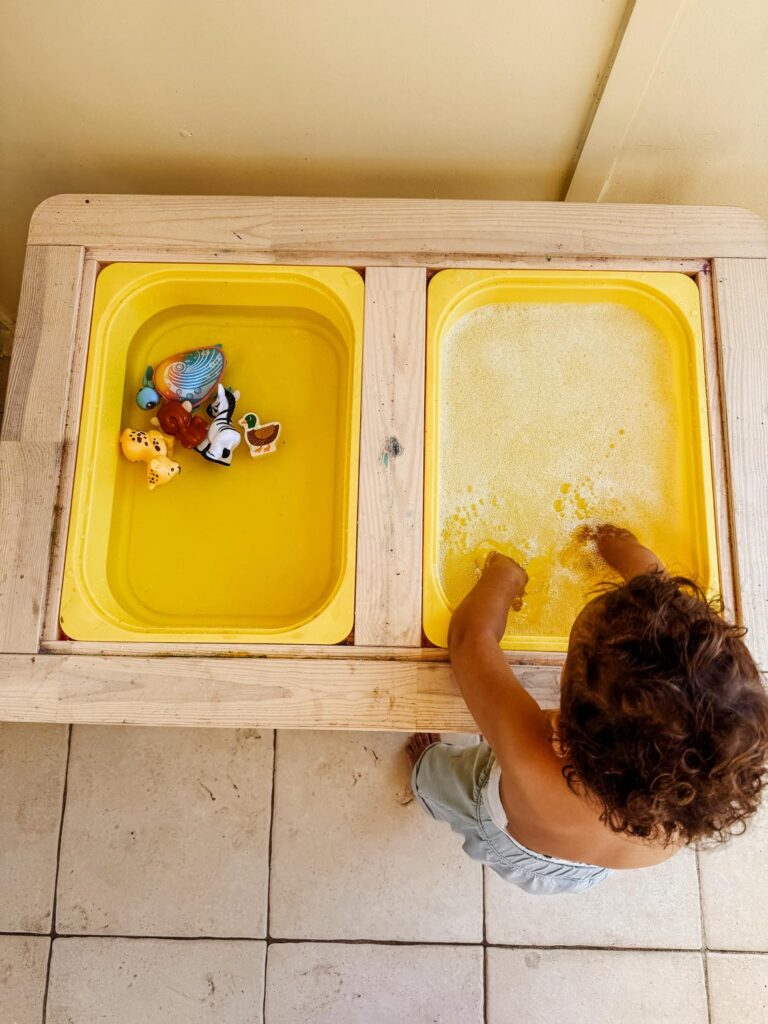
3. Do your research.
I don’t just mean ‘sit at your laptop and search homeschool tips 101’ etc. Join Facebook groups, ask friends or acquaintances what their experience is like, and of course, feel free to search ‘homeschool tips’ or your state’s homeschool policies and so on. That’s important too!
See NSW Homeschool Page here.
It really helps to know how other families make homeschooling work. I only knew a couple of friends who homeschooled at the time we decided to. Now, I have so many friends who are considering it and I’m their go-to person for advice! It’s becoming so popular and sparking curiosity, which is great.
4. Talk to trusted loved ones.
Before deciding, it’s best to talk to someone you love and trust and are happy to seek advice from about it. I kind of mean someone outside of your spouse, although, it would be great to get his input too! But I think it would be best to ask someone outside of your immediate family, because they may suggest some things that you haven’t before considered, or may be that extra confirmation you need to go ahead with it.
At the end of the day, it’s your choice! So, if you do seek confirmation or advice from a loved one, who hasn’t done their research and doesn’t truly know the ‘why’ behind your reason to homeschool, then take caution with this step.
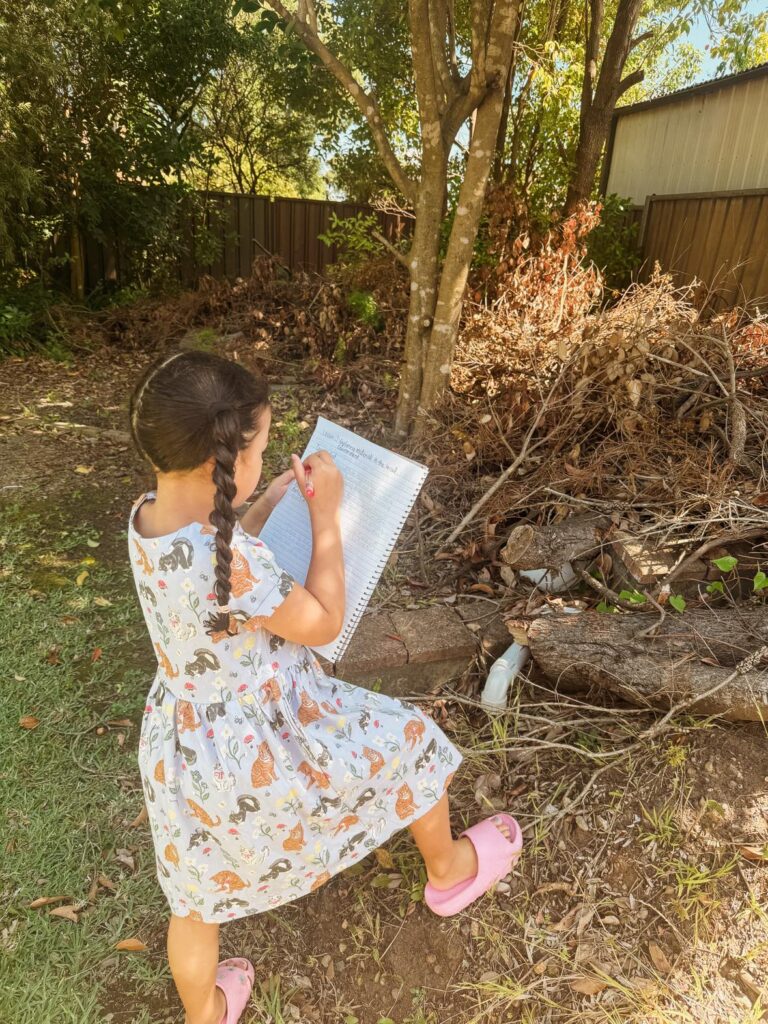
5. Know that it can be a trial run, not a lock-in contract.
I know many families who have decided that they will never send their children to school and homeschool them for the rest of their schooling years. However, this may be a scary thought for some parents, especially if they are still on the fence about the decision to homeschool.
As much as I love the thought of homeschooling my children until the youngest graduates his schooling years, as a family, we have decided to take it year by year. We don’t know what the future holds and it is important to be open-minded about it.
So, if you are still on the fence about homeschooling, try it for one year. If it doesn’t work out, you can always send your child back to mainstream school and it will be a memorable year for them, I’m sure! You don’t have to do this forever if it’s not on the cards for your family. And that’s fine.
Leave a Reply